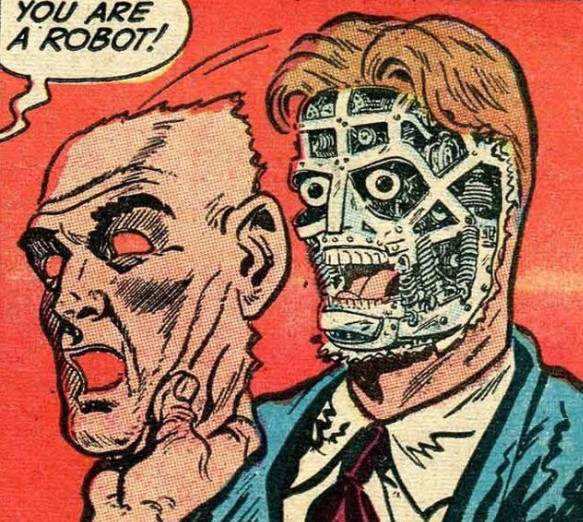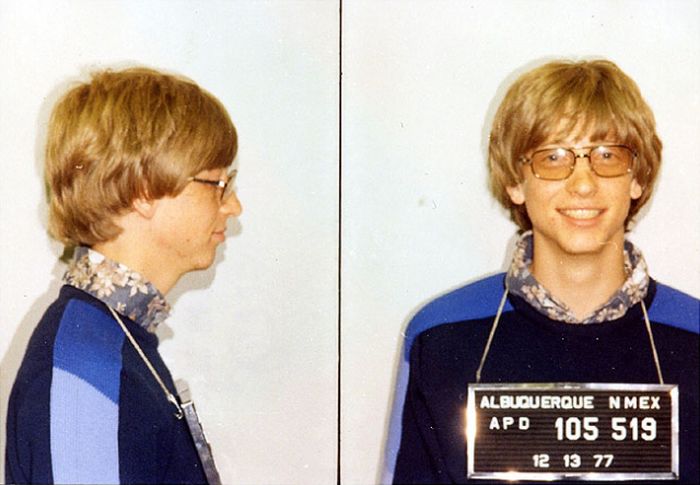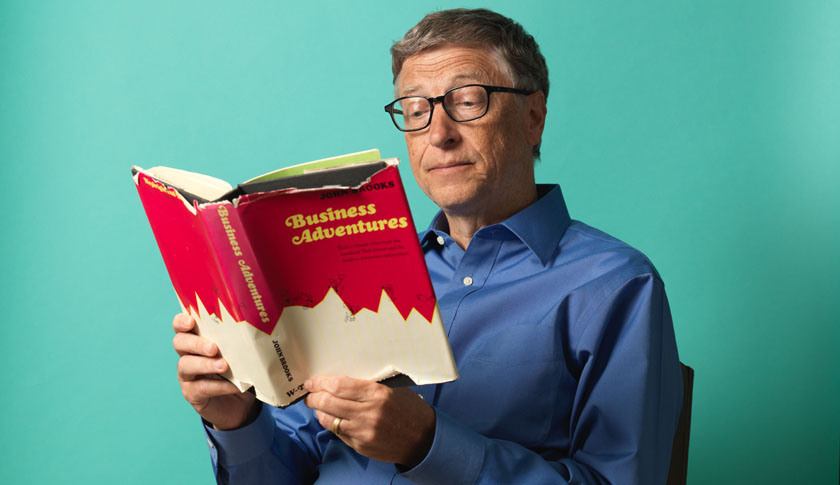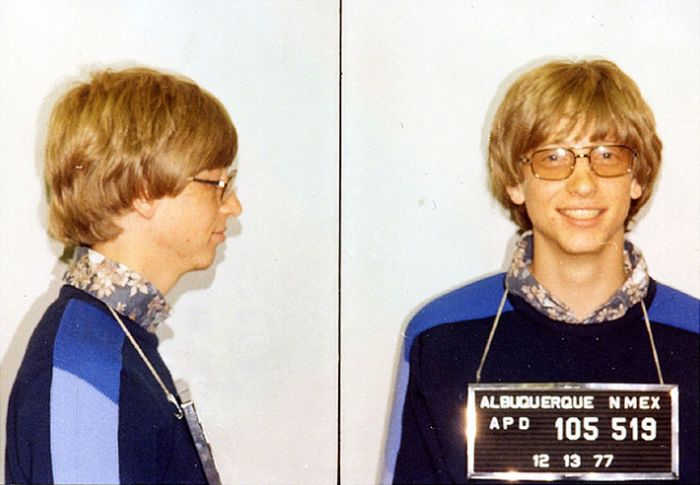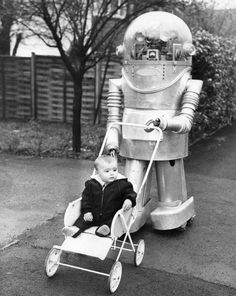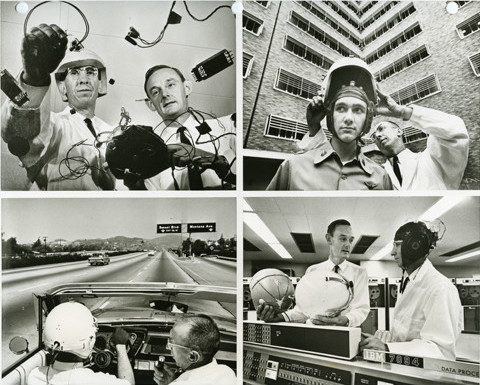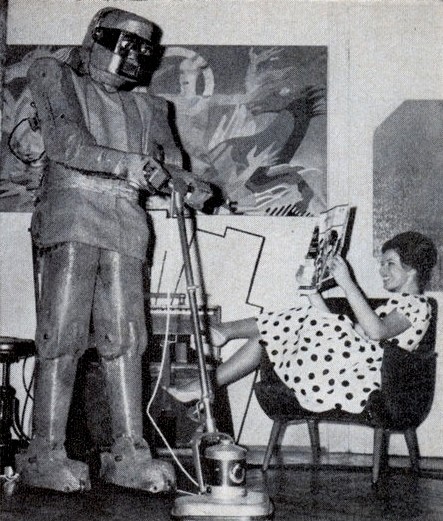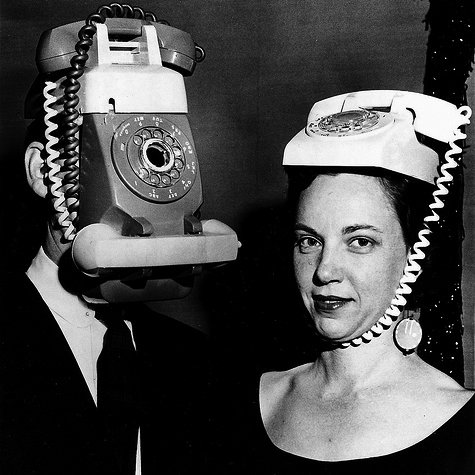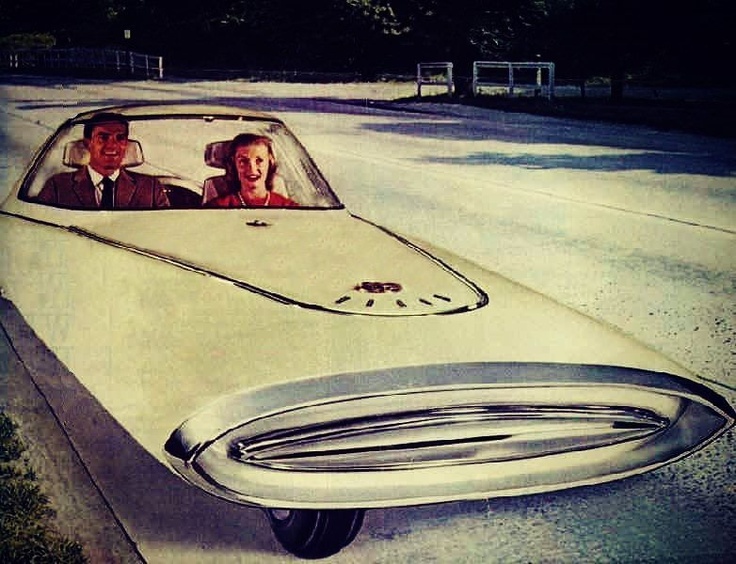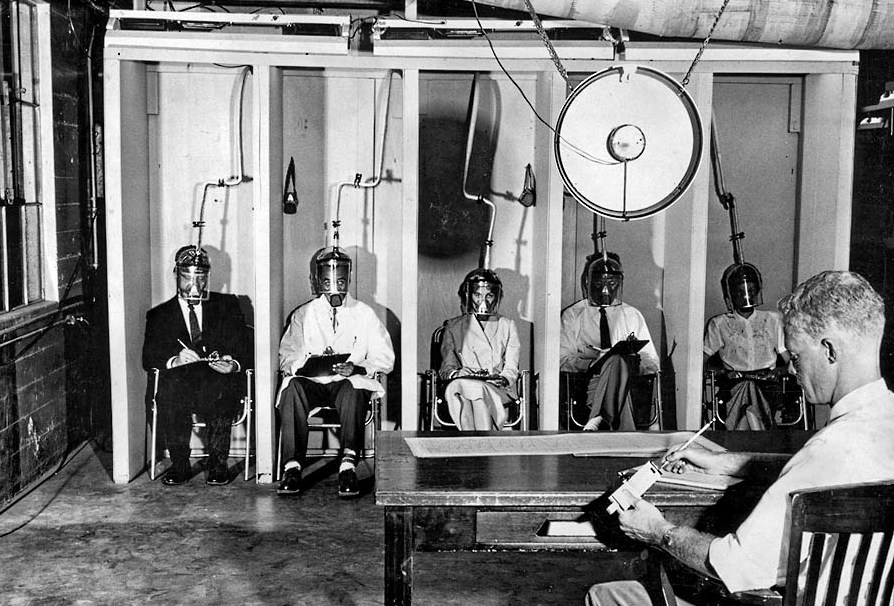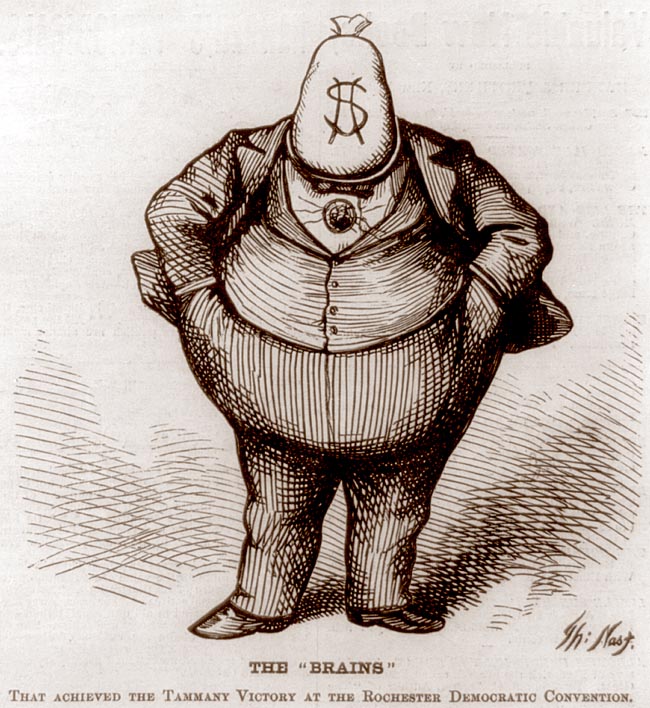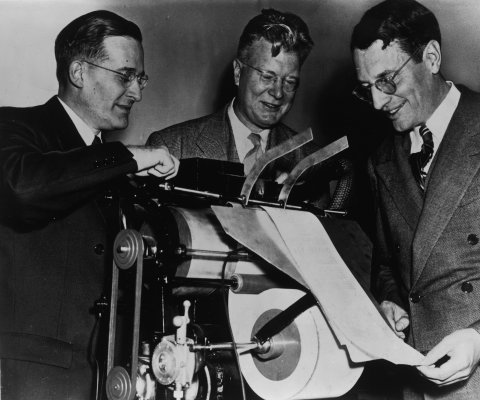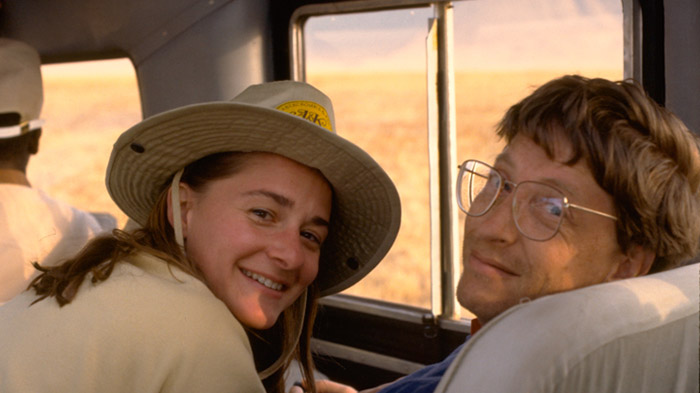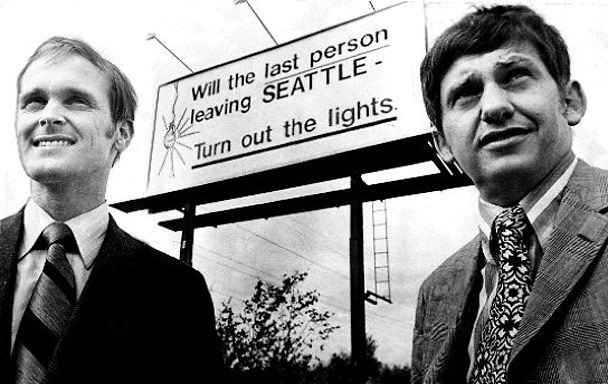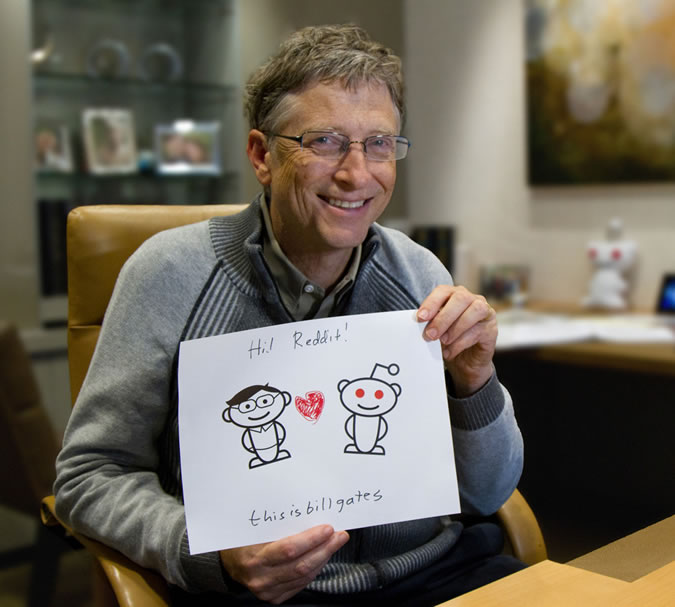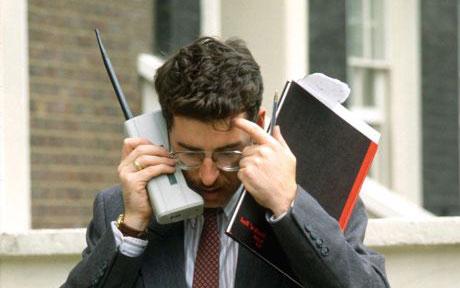Bill Gates just conducted one of his wide-ranging Reddit AMAs, touching base on Guaranteed Basic Income, philanthropy, neuroscience, etc.
Like Mark Zuckerberg, who seems to be basing his development as a businessperson and public person on the Gates template, the Microsoft founder says he hopes that digital tools can help bring more citizens together without mentioning that some of these people will form horrible and dangerous blocs. It sure seems like we were better off before fringe Americans–conspiracists, new-wave KKKs and kooks of every stripe–were able to congregate online and form cohesive national movements that could push the agenda into dark corners, especially in a time of dramatic wealth inequality, when billionaires like Robert Mercer can fund hatemongers and fuel disinformation.
A few exchanges follow.
Question:
Any thoughts on the current state of the U.S.?
Bill Gates:
Overall like Warren Buffett I am optimistic about the long run. I am concerned in the short run that the huge benefits of how the US works with other countries may get lost. This includes the aid we give to Africa to help countries there get out of the poverty trap.
Question:
I have a question pertaining to an issue in the U.S. and it’s one that we’re all get sick of hearing.
Do you think social media – and perhaps the internet in general – has played a role in helping divide this country?
Instead of expanding knowledge and obtaining greater understandings of the world, many people seem to use it to
1) seek and spread information – including false information – confirming their existing biases and beliefs, and
2) converse and interact only with others who share their worldview (these are things I’m guilty of doing myself)
Bill Gates:
This is a great question. I felt sure that allowing anyone to publish information and making it easy to find would enhance democracy and the overall quality of political debate. However the partitioning you talk about which started on cable TV and might be even stronger in the digital world is a concern. We all need to think about how to avoid this problem. It would seem strange to have to force people to look at ideas they disagree with so that probably isn’t the solution. We don’t want to get to where American politics partitions people into isolated groups. I am interested in anyone’s suggestion on how we avoid this.
Question:
What do you think is the most pressing issue that we could feasibly solve in the next ten years?
Bill Gates:
A lot of people feel a sense of isolation. I still wonder if digital tools can help people find opportunities to get together with others – not Tinder but more like adults who want to mentor kids or hang out with each other. It is great that kids go off and pursue opportunities but when you get communities where the economy is weak and a lot of young people have left then something should be done to help.
Question:
What kind of technological advancement do you wish to see in your lifetime?
Bill Gates:
The big milestone is when computers can read and understand information like humans do. There is a lot of work going on in this field – Google, Microsoft, Facebook, academia,… Right now computers don’t know how to represent knowledge so they can’t read a text book and pass a test.
Another whole area is vaccines. We need a vaccine for HIV, Malaria and TB and I hope we have them in the next 10-15 years.
Question:
If you could give 19 year old Bill Gates some advice, what would it be?
Bill Gates:
I would explain that smartness is not single dimensional and not quite as important as I thought it was back then. I would say you might explore the developing world before you get into your forties. I wasn’t very good socially back then but I am not sure there is advice that would fix that – maybe I had to be awkward and just grow up….
Question:
If you could create a new IP and business with Elon Musk, what would you make happen?
Bill Gates:
We need clean, reliable cheap energy – which we don’t have. It is too bad the sun doesn’t shine all the time and the wind doesn’t blow all the time. The Economist had a good piece on this this week. So we need some invention – perhaps miracle batteries or super safe nuclear or making sun into gasoline directly.
Question:
What are the limits of money when it comes to philanthropy?
Bill Gates:
Philanthropy is small as a part of the overall economy so it can’t do things like fund health care or education for everyone. Government and the private sector are the big players so philanthropy has to be more innovative and fund pilot programs to help the other sectors. A good example is funding new medicines or charter schools where non-obvious approaches might provide the best solution.
One thing that is a challenge for our Foundation is that poor countries often have weak governance – small budgets, and the people in the ministries don’t have much training. This makes it harder to get things done.
If we had more money we could do more good things – even though we are the biggest foundation we are still resource limited.
Question:
What do you think about Universal Basic Income?
Bill Gates:
Over time countries will be rich enough to do this. However we still have a lot of work that should be done – helping older people, helping kids with special needs, having more adults helping in education. Even the US isn’t rich enough to allow people not to work. Some day we will be but until then things like the Earned Income Tax Credit will help increase the demand for labor.
Question:
What are you most curious about, Bill?
Bill Gates:
I still find the creation of life and the way the brain works the most fascinating areas. Nick Lane has some great books exploring what we know about how life started. It is amazing how little we know about the brain still but I expect we will know a lot more in 10 years.•


